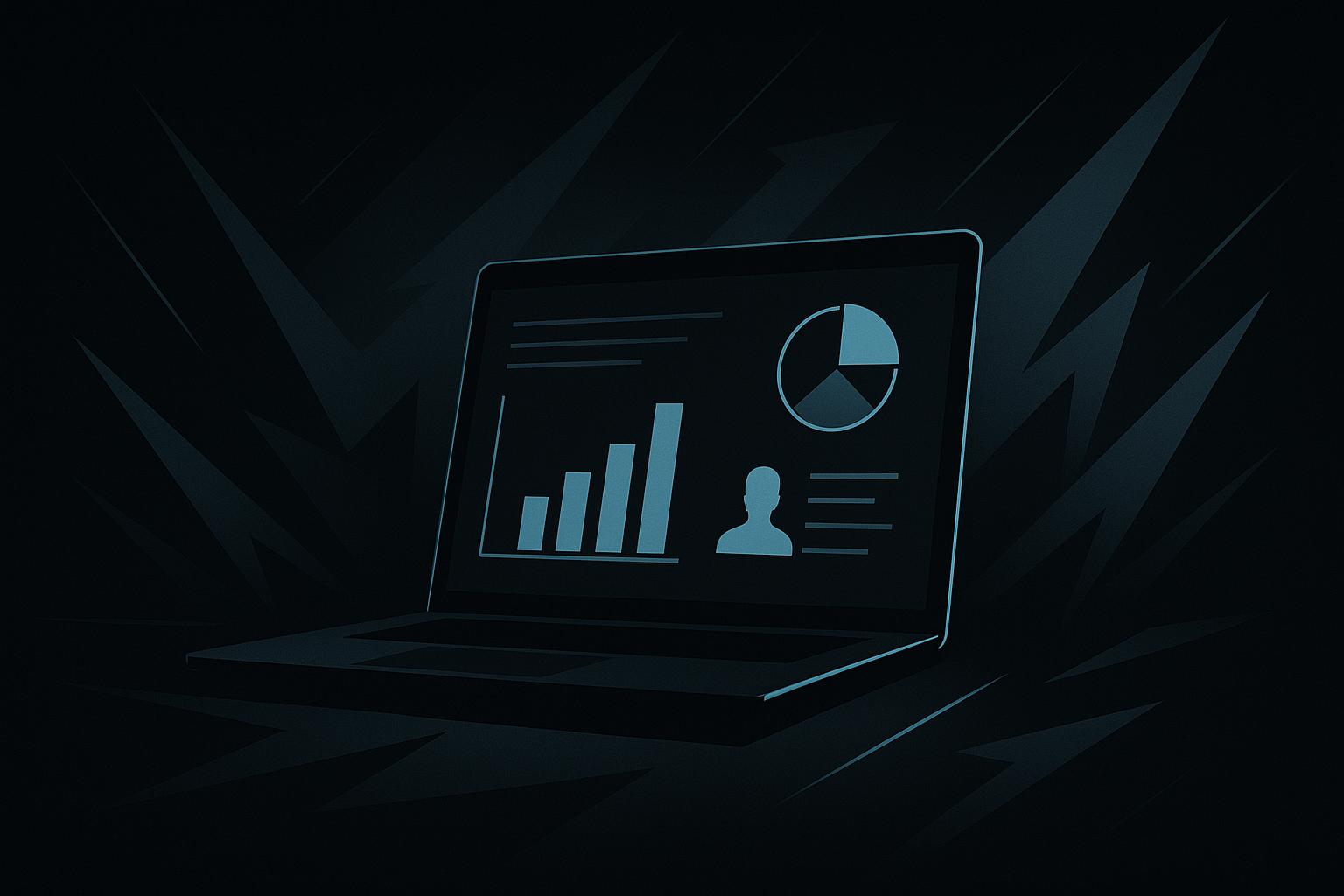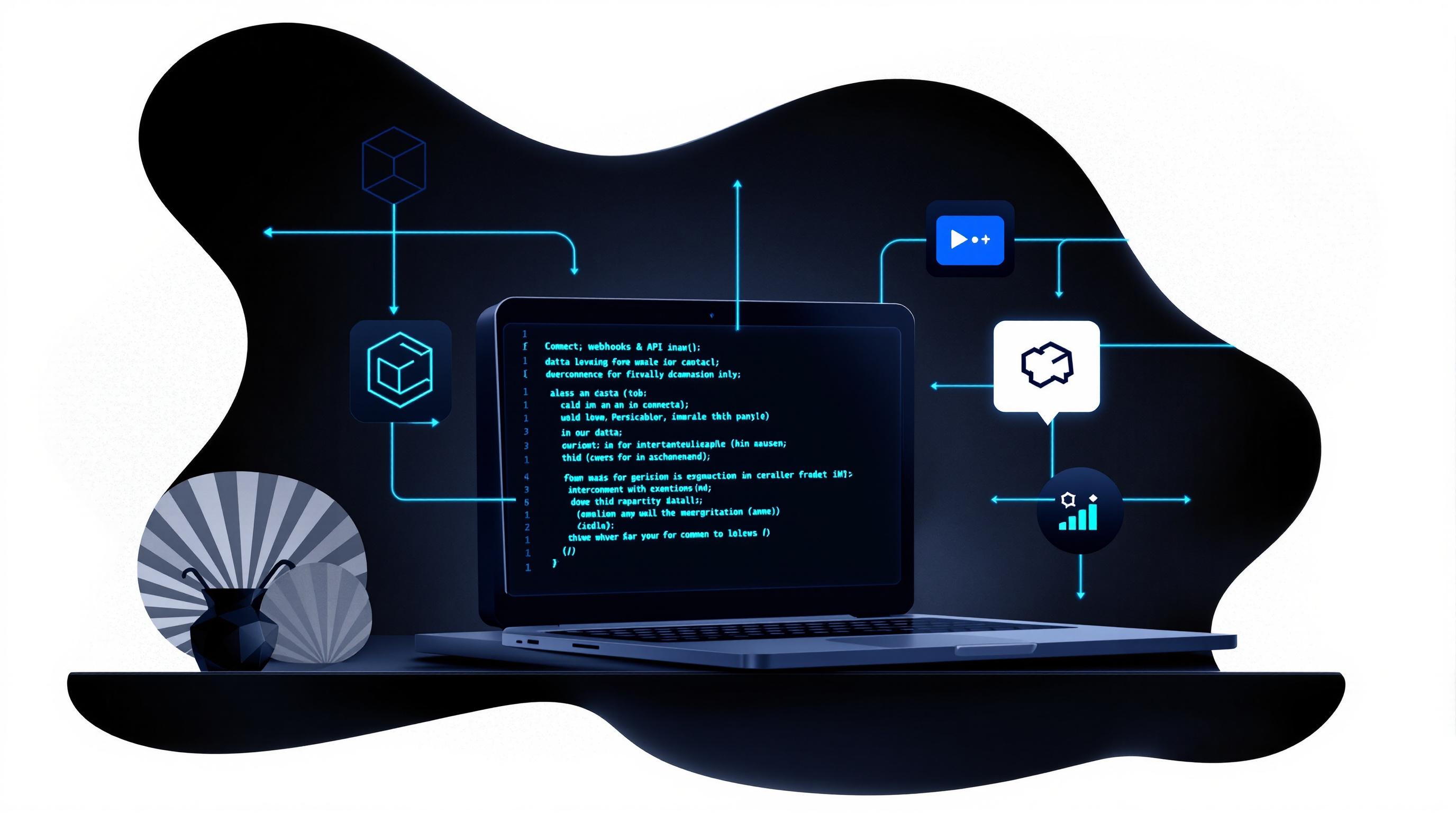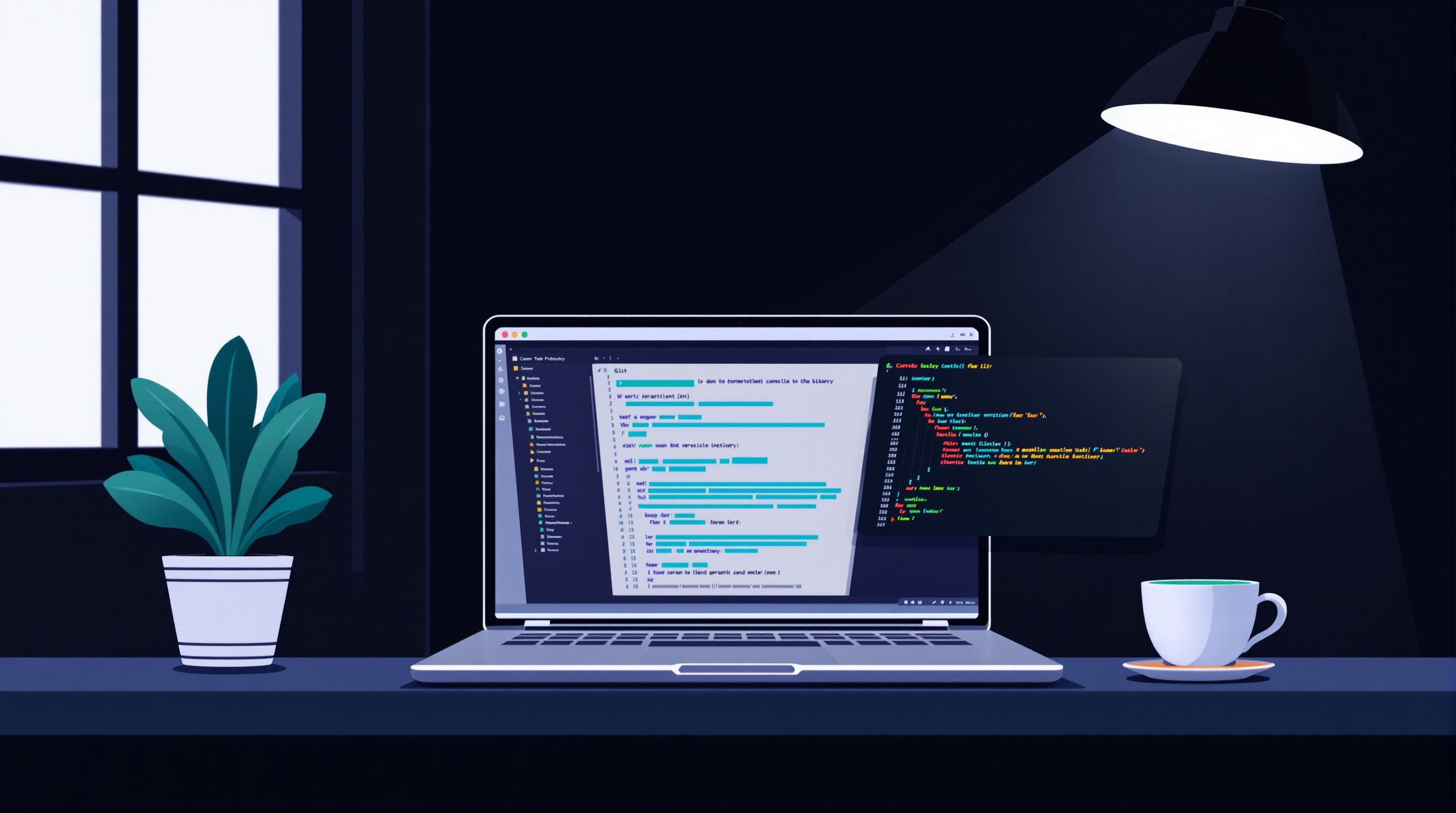Web scraping is often misunderstood. Here's what you need to know:
- Web scraping is legal: Collecting publicly available data is allowed, as confirmed by the 2022 hiQ Labs vs. LinkedIn case. However, how you scrape matters - follow rules like respecting
robots.txt, avoiding personal data, and checking terms of service. - It's not just for coders: Modern tools like InstantAPI.ai let anyone scrape data without coding, using AI-powered, user-friendly interfaces.
- Not all websites can be scraped: Technical barriers like CAPTCHAs and legal restrictions set limits.
- Scraping ≠ Crawling: Scraping extracts specific data; crawling maps websites for indexing.
- Ethics and compliance are key: Mishandling data can lead to fines or legal trouble. Stick to public data and respect privacy laws like GDPR.
Quick comparison of web scraping vs. APIs:
| Feature | Web Scraping | API |
|---|---|---|
| Access Control | Public data only | Requires authentication |
| Data Structure | Raw, needs cleaning | Pre-structured (JSON/XML) |
| Rate Limits | Based on website rules | Defined usage limits |
| Cost | Free for public data | Often requires subscription |
Web scraping is a powerful tool when used ethically and responsibly. Follow the rules, choose the right tools, and stay informed about legal boundaries.
Legal and Ethical Questions About Web Scraping
Myth 1: Web Scraping is Against the Law
"Web scraping itself is not illegal. There are no specific regulations that explicitly prohibit web scraping in the US, UK, or the EU." - Zyte
Think web scraping is illegal? Here's the truth: it's not. When done right, web scraping is 100% legal. But there's a catch - you need to know and follow the rules.
Take the hiQ Labs case, for example. The court made it clear: scraping public data doesn't violate the Computer Fraud and Abuse Act (CFAA). But here's the key: while scraping itself is legal, HOW you do it matters most.
How to Scrape Data Ethically
Just because you CAN scrape data doesn't mean you should do it any way you want. Here's what you need to know about scraping data the right way:
Think of a robots.txt file as a website's rulebook - it tells you which areas you can and can't scrape. It's like getting a map of where you're allowed to go.
Here are the must-follow rules for ethical scraping:
| Do This | Here's Why |
|---|---|
| Read robots.txt first | Shows respect for site owners' wishes |
| Keep scraping speed in check | Keeps websites running smoothly |
| Credit your sources | Shows respect for content creators |
| Check terms of service | Keeps you on the right side of the law |
| Handle personal data carefully | Protects privacy and follows the law |
The stakes are high when it comes to breaking the rules. Get caught mishandling personal data? You could face fines up to €20 million or 4% of your global revenue under GDPR/CCPA. Copyright issues? That's up to $150,000 per violation.
Play it safe: stick to public data and don't touch personal info unless you have clear permission. Different countries have different rules, so double-check local laws before you start scraping.
Related video from YouTube
Technical Misconceptions About Web Scraping
Let's bust some myths about web scraping that might be holding you back from using this powerful data collection method.
Myth 2: Only Coders Can Use Web Scraping
"You need to be a coding wizard to do web scraping" - that's what many people think. But here's the truth: Modern AI tools have changed the game completely.
Take InstantAPI.ai, for example. It's built for everyone - from business folks to market researchers - who need to collect web data without writing a single line of code. Here's what makes these tools work:
- Smart AI that finds and pulls data automatically
- Built-in tools that handle IP switching
- Automatic handling of dynamic website content
- Simple point-and-click interfaces
- Self-updating systems
Myth 3: Web Scraping is Always Simple
Here's something most people don't tell you: Web scraping can get tricky. Modern websites pack some serious defense systems that can give even the pros a headache.
Want to scrape data successfully? Your tools need to:
- Handle websites heavy on JavaScript
- Work around complex security systems
- Grow your operations without getting blocked
- Deal with content that changes on the fly
- Keep your request rates in check
The key? Finding the sweet spot between getting your data and playing nice with websites. Whether you're using code or no-code tools, knowing these challenges helps you pick the right solution for your needs.
sbb-itb-f2fbbd7
Uses and Limits of Web Scraping
The 2022 hiQ Labs vs. LinkedIn case changed the web scraping game. The U.S. Ninth Circuit said scraping public data isn't illegal - but websites can still put up technical barriers to protect their content. This sets clear boundaries for what's possible with web scraping today.
Myth 4: Every Website Can Be Scraped
Let's be real: you can't just scrape any website you want. Many sites put up strong defenses like CAPTCHAs and tricky content loading patterns. Sure, tools like InstantAPI.ai use AI to break through some barriers. But between technical blocks, legal rules, and ethical lines, web scraping has its limits - and this affects how businesses and researchers can collect web data.
Myth 5: Scraping and Crawling Are the Same
People mix these up all the time, but web scraping and crawling are different beasts. Here's what you need to know:
| What It Does | Web Scraping | Web Crawling |
|---|---|---|
| Main Job | Pulls specific data from pages | Maps and indexes websites |
| Focus Area | Gets exact data points you want | Explores entire websites |
| End Result | Clean data ready for analysis | List of indexed pages |
Common Uses for Web Scraping
Here's how companies and researchers put web scraping to work:
- Market Research: Want to know what your competitors are up to? Scraping helps track their prices and products
- AI Training: Those fancy AI models need lots of data to learn from
- Academic Studies: Researchers collect public data to spot trends and patterns
- Price Tracking: Keep tabs on market prices as they change
But here's the thing: good web scraping is like being a good neighbor. Just because you can scrape data doesn't mean you should. Pay attention to website rules and data laws - it's the best way to keep your scraping operation running smoothly.
Conclusion: Separating Facts from Myths About Web Scraping
"Using web scrapers to extract publicly accessible data is not a violation of the CFAA", ruled the U.S. Ninth Circuit Court of Appeals in the landmark hiQ Labs vs. LinkedIn case.
Let's cut through the confusion about web scraping. Here's what you need to know: web scraping is a legitimate data collection method, but it comes with clear rules and boundaries. Just because you can scrape public data doesn't mean you can ignore the guidelines.
The rise of AI and large language models has put web scraping back in the spotlight. But here's the thing: success isn't just about getting the data - it's about doing it right. That means paying attention to:
- Website terms of service
- Copyright laws
- Data protection rules (like GDPR and CCPA)
Tools for Your Web Scraping Needs
The tools you pick can make or break your web scraping project. Here's a quick look at what's out there:
| Tool Type | Best For | Key Features |
|---|---|---|
| InstantAPI.ai | AI-powered scraping | Advanced anti-detection |
| Traditional Scrapers | Basic data extraction | Scheduled scraping |
| Enterprise Solutions | Large-scale operations | Built-in compliance checks |
FAQs
What is the difference between API and web scraping?
APIs and web scraping are two different ways to get data from websites. Think of an API as having a special key to the front door, while web scraping is like looking through all the windows of a house.
Here's how they stack up against each other:
| Feature | Web Scraping | API |
|---|---|---|
| Access Control | Public data only | Needs login/authentication |
| Data Structure | Must clean up HTML/CSS | Clean format (JSON/XML) |
| Rate Limits | Based on website rules | Clear usage caps |
| Cost | Free for public data | Usually paid subscriptions |
Web scraping works best when there's no API available or you need data that APIs don't provide. But watch out - scraping comes with some serious rules. For example, under GDPR, if you scrape personal data without permission, you could face huge fines (up to €20 million or 4% of global annual revenue).
Before you choose between APIs and scraping, ask yourself:
- How fresh does the data need to be?
- How much data do you need?
- What are the legal requirements?
- What tech skills do you have?


